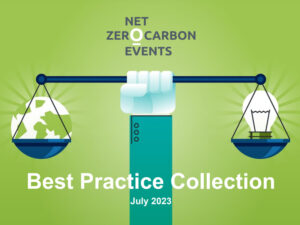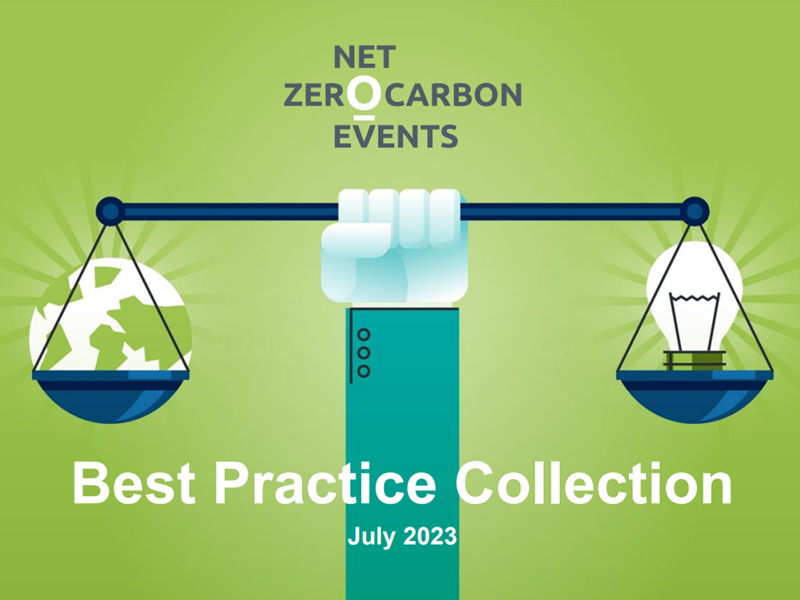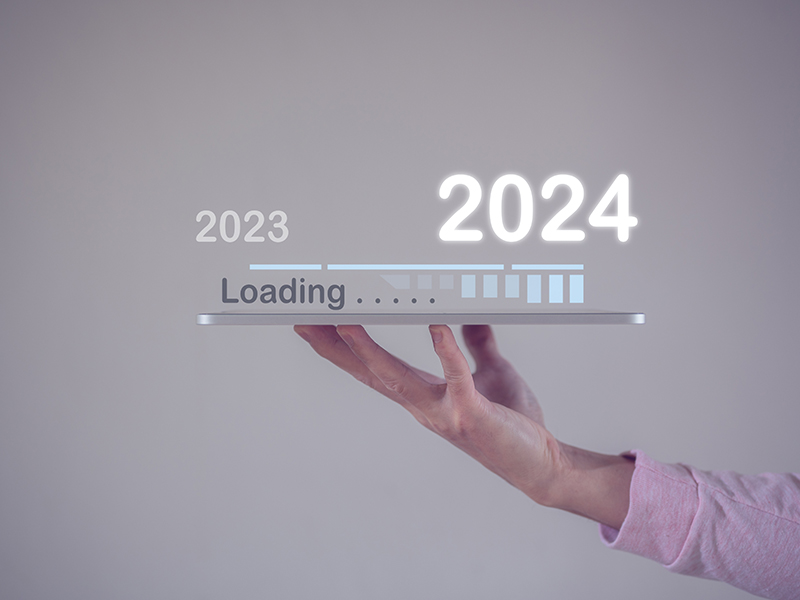Introduction
When you are looking to plan an event, organisation is paramount. Our five stages of event planning will help you keep in order the varying complications an event can create. In the pursuit of perfection, you’ll at least reduce the chances of most mistakes.
We all want to an event that has no problems from inception to completion, unfortunately you must be prepared that it may not go to plan. However, you can set in place everything at your disposal can and ease the process of development along the way.
1. Setting Goals And Research
Every event planner needs to begin by researching the event before they start anything. What type of event do you need? Who is the event aimed at? Research similar events to the one you are looking to create, duplicate what’s best, and eradicate what doesn’t work for you.
There have been many event companies or planning organisations that ignore this vital stage, and ultimately the event sufferers down the line. With a few clear research points you can drastically improve the fortunes of the event.
So, once you have decided what the main objectives for the event, do your competitor analysis, have a look on LinkedIn at other events and groups in your space to understand what they do well.
Also remember that it is vital that you document every aspect of your planning from start to finish. As time moves forward everything becomes more complicated if you don’t hold everything together. Plan, document, implement and move on.
2. Master plan
Designing the main theme and master plan of your event will dictate the flavour of the day. The main plan of your event is where the nuts and bolts of the logistics will sit. It’s the ‘who does what’ question. Understanding who does what, and when is critical so you can assign these tasks to the right person or outsourced agency at the right time.
For the event to run along without a hitch, this step is important so the whole planning team is singing off the same hymn sheet. Moving forward without any of these things cemented early on will cause confusion and mayhem down the line.
As you move forward, you may find that you’ll have to delegate more work depending on the size of the event. It’s easy to become overwhelmed, try to move tasks to other people when you can. Delegation is always easier if you have followed the previous steps correctly.
So, at this stage you are organising your master plan that everyone will follow from. You have your venue sourced, you’ve decided the format of virtual, hybrid or live, you have the tech support and registration systems on place and, if applicable, a host etc. The more you confirm early on the better.
3. Marketing Your Event
If you have correctly researched your event from the beginning, understanding what your audience wants, and what is needed from the event, then the marketing stage should be simple.
Because you already have the catering, speakers, venue, and themes organised, you can design your appropriate promotional needs to reflect this. What you have already organised, and how you brand this, will ultimately draw in registration.
The social media strategy for the event will be an essential ingredient for raising awareness and creating interest in the event so have you put thought into the channels you intend to use and how you intend to use them? Have you thought about the title for the event? Something that could increase your social media engagement? Knowing how to answer these questions, and if they are applicable, will be covered by your research stage.
Once you have decided upon marketing points, create an email list, reach out with social media posts and work on building your invitation list. Many event planners will have a sense of who will be attending, some will need to encourage their subscriber lists anyway they can.
4. On The Day
Before the event begins you need to sit down with the whole team, everyone who is available and finalise everything that is about to go ahead. As was mentioned before, coordination is very important when things become complicated.
When you are going through the process of finalising the details of the event with your team, this gives a chance for any issues, concerns, or confusions to be aired. This can often give you time to resolve anything you may not have thought about before the event.
Once finalised, every member of the events team needs to understand what is expected of them, and the schedule and timeline of the event. It is useful to not only email this to people but also keep a live online version that people can access. Never assume people can access everything, have an eye on a contingency plan.
5. Learn Lessons And Follow Up
The food has been eaten, the beverages have been drunk, all the words spoken and I’m sure it was a fantastic event. But no rest for the wicked, you need to evaluate and see if they loved it as much as you know they did. Send out evaluation emails, tick box requests to see what worked and what didn’t for the next event.
Follow up your attendees on social media, send over some links to on demand content, if you have created a website for your event, there is no need for it to go to waste. Keep the flow of engagement going immediately, create a community around your event. If it was successful, utilise that success for everything it is worth!
If you really want to understand every aspect of how your event worked, ask for feedback from your team as well. Request a feedback statement from them to see if anything could be improved upon, and what worked well.
Insight Conclusion
These steps should give you a good idea how to keep your planning on track, the hard work at the start will give you less headaches later. Hindsight is 20/20, so I think you would prefer to look back, and know you put every effort into planning. Those who hope that it’ll all be ok in the end, often learn a harsh lesson that could easily be avoided.
Whatever the reason for the event at the start, if you follow the steps, then you’ll have the event to market, the material to brand, the schedule to get registrations and the success to follow up. See you in the event cycle!
If you have any questions about the issues raised in this article, we at Mice Concierge can help. Please email Anna Hellawell (anna.hellawell@miceconcierge.com) or call us on 01438 908770 and we’ll be delighted to hear from you.








